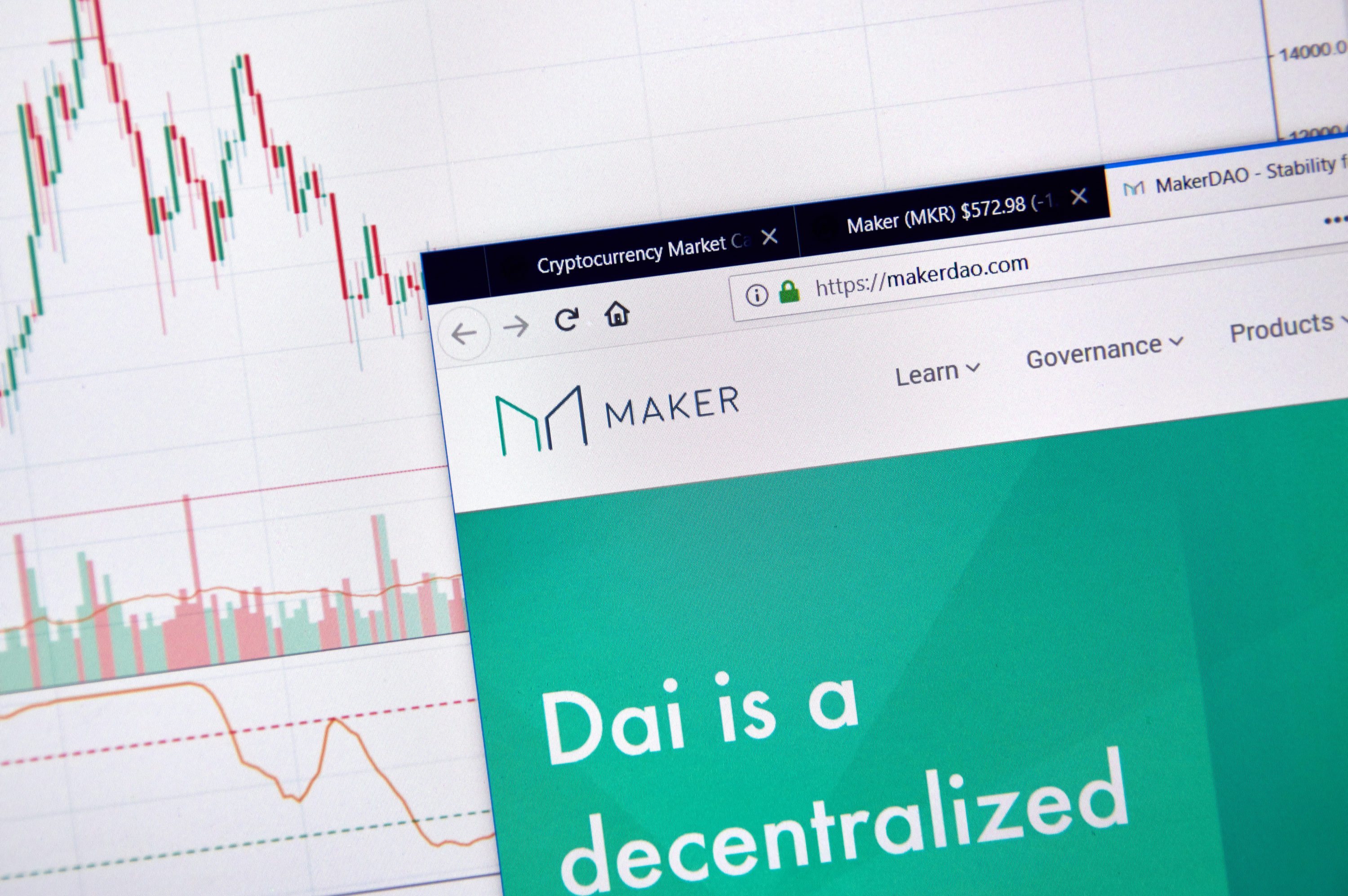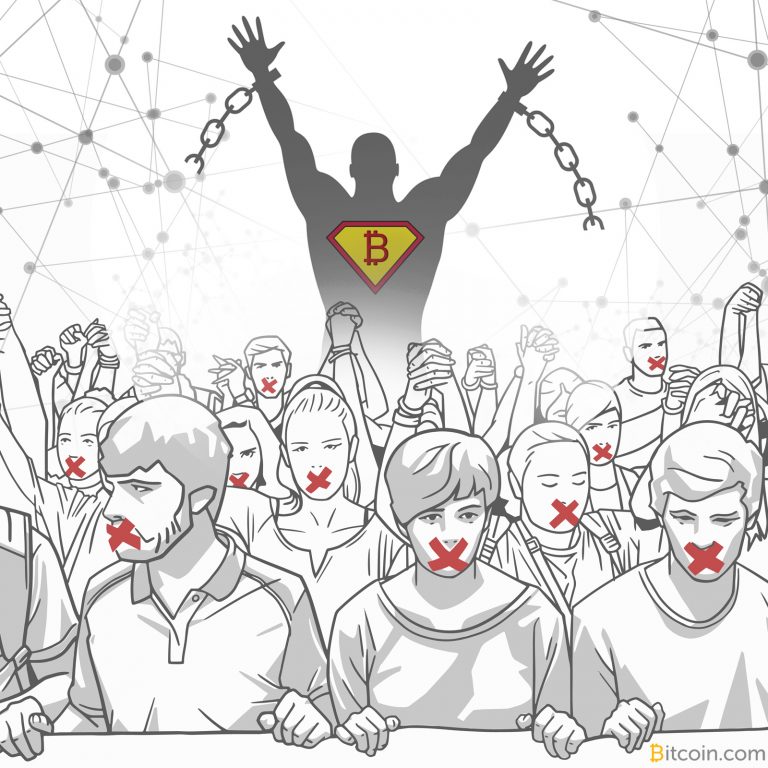2023-4-5 15:00 |
As financial institutions’ “too big to fail” mindset erodes, can Bitcoin’s pioneering decentralization save our wealth?
This is an opinion editorial by Nikolay Denisenko, co-founder and CTO of Brighty, a Swiss crypto and fiat banking app
For years, the global centralized banking and finance industry has maintained a “too big to fail” sentiment. Big-name banks and financial institutions still share a confounded ideology that they are too large and interconnected to national economies to fail — and, should a financial failure happen, they would be bailed out by governments and regulators.
The recent U.S. banking crisis is no different. Once again, a large corporate bank failed to balance its deposits and investments, leading the government to step in and inject enough cash flow to allow all consumers to retain their deposits.
Economic crises and recessions lead to government bailouts — often through the taxpayers’ money. To me, this is a clear indication that the legacy, centralized financial system is failing, as an elite handful of bankers gatekeeps the global economy, overreacting and mismatching their financial operations without taking any actual liabilities.
So, what’s the solution? As we’ve seen repeatedly, the only winner to come out of a banking crisis so far is decentralized finance: or, more specifically, Bitcoin.
BTC: Shining As Traditional Finance FailsWe often think of bitcoin only as an investment tool, like stocks and shares. But Bitcoin is the essence of decentralized finance: a limited, supply-capped currency built on a transparent peer-to-peer network that is beyond the control of any centralized entity or individual.
In fact, the leading cryptocurrency was created for incidents like a banking crisis. The development of Bitcoin came against the backdrop of the Great Financial Crisis of 2008 when the cost of U.S. banking bailouts has been estimated to reach $498 billion. At the time, there was a clear sentiment among hardworking people that both the government and centralized financial systems were working against them. This sentiment was the driver for Bitcion’s innovation: the very first block of the network even had a code inscription including, “Chancellor on brink of second bailout for banks.”
This is why we tend to see a bitcoin price rally whenever there is a major financial crisis. For instance, when BTC prices surged during the Cypriot financial crisis in 2013. Similarly, in 2016, when Brexit caused the European financial markets to collapse, BTC rallied. Also, who could forget bitcoin reaching its all-time price high in 2021, during the economic turbulence caused by COVID-19?
This time, the scenario is similar. On March 10, before news broke of the Silicon Valley Bank crisis, bitcoin was trading at around $20,000. Since then, the cryptocurrency has reached over $28,000. The key market players hedge their funds into bitcoin: in particular, Binance likely contributed to buying pressure by converting $1 billion worth of BUSD to BTC.
The leading cryptocurrency’s decentralized infrastructure, limited-supply, censorship-resistant and intermediary-free characteristics make it a far more trusted financial instrument during an economic crisis.
Transparency And Trust Win The VotesTrust is the driver of traditional banking and finance. We entrust our deposits to financial institutions to maintain and invest them smartly. We put trust in central banks to have low-volatility assets as hedges against fiat currency to control its value and inflation. Trust is the only element that has allowed centralized economies to develop and thrive for centuries — and, in many cases, it’s of a blind variety.
With Bitcoin, trust is built through transparency. As the first decentralized network, Bitcoin has the largest developer ecosystem and most distributed network of miners, hence its high hash rate, which makes it highly resistant to any malicious attack or security issues.
In addition, Bitcoin's source code is open and transparent, allowing developers worldwide to scrutinize, audit and contribute to its development. This collaborative approach to development helps identify and resolve potential security issues more effectively compared to other cryptocurrencies.
So, whenever traditional financial institutions fail, consumers shift their trust toward Bitcoin, and this will continue to happen until centralized authorities change their mismatched and often aggressive monetary policies.
What Does The Future Hold For Bitcoin?Despite its increasing adoption and transparency, the leading cryptocurrency still suffers from volatility, ultimately setting the bar on how far people can trust this digital asset. So, it’s unrealistic to say that Bitcoin will replace the traditional centralized financial system in the near future.
However, as banking failures and economic crises become more persistent, Bitcoin’s trust and adoption continue growing. As a result, we will continue to see more financial ecosystems built on this decentralized network, more traditional businesses incorporating BTC and more consumers adopting the leading cryptocurrency — not just as an investment option but also as a financial instrument for trading, earning and transacting.
It’s also evident that Bitcoin will go through numerous regulatory scrutinies as its adoption increases. But eventually, this will bring more trust into the decentralized currency. We will also likely see more developing countries like El Salvador accept bitcoin as a legal tender.
Overall, despite its volatility, bitcoin is heading in a positive direction and its future is full of intriguing promises.
This is a guest post by Nikolay Denisenko. Opinions expressed are entirely their own and do not necessarily reflect those of BTC Inc or Bitcoin Magazine.
origin »Bitcoin price in Telegram @btc_price_every_hour
Bitcoin (BTC) íà Currencies.ru
|
|


























